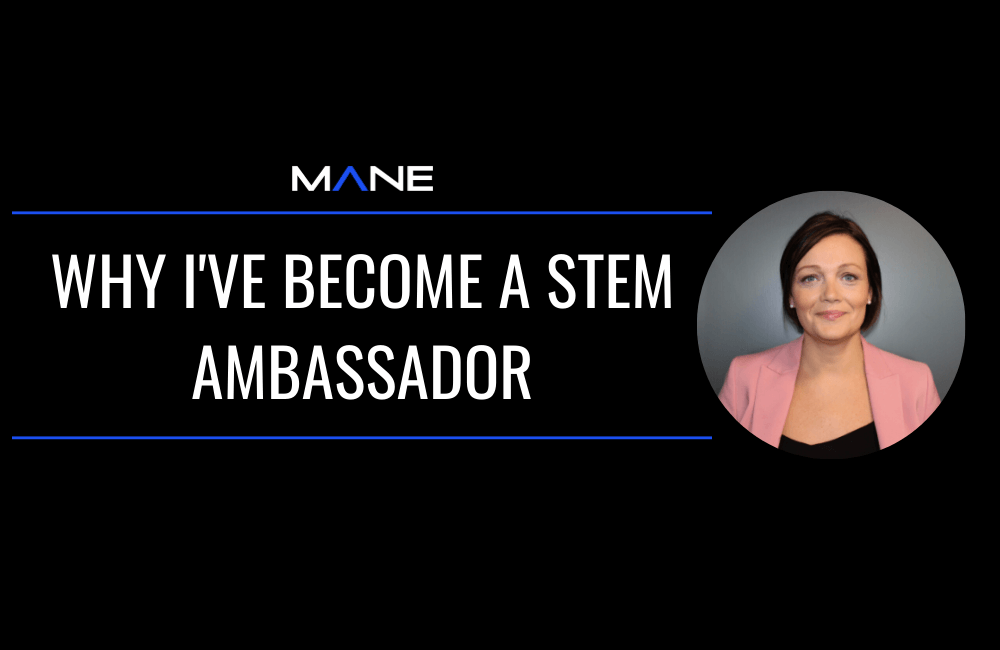Why I've become a STEM Ambassador
18 Jan, 202110 minsI am a STEM Ambassador with STEM.org. STEM Ambassadors are volunteers from science, technolo...

I am a STEM Ambassador with STEM.org. STEM Ambassadors are volunteers from science, technology, engineering and mathematics (STEM) disciplines across the UK who encourage and inspire young people to pursue STEM subjects at school and as a career.
My role as an ambassador involves going into schools, colleges, youth groups and community groups, and it hasn’t stopped during lockdown. We are still busy preparing virtual careers talks and presentations and acting as an online mentor.
And that’s on top of my other volunteer roles – working with Future Academies in Leavesden (a school that works to improve children’s life chances through knowledge-rich education) and acting as an Enterprise Advisor, helping schools develop careers programmes focused on opportunities with local employers.
Why am I doing all this? Because I have a passion for encouraging young people into STEM with a targeted focus on women in the infrastructure industry.
Working in this area, I’ve experienced first-hand how far we are from equality of opportunity. The forces pushing women and girls out of STEM range from the crudely obvious to the insidiously subtle, and they start young. As the mother of a daughter and a son, I’ve watched well-meaning adults trying to steer them down different routes since they could hold a toy.
Women still make up only 14.4% of the UK STEM industry – unfortunately, the lowest percentage in Europe. This is not only bad news for women, its bad news for Britain.
In any industry, the benefits of diversity are huge. Forbes has shown that teams with equal numbers of women and men generate 41% more revenue, and 85% of big global businesses believe diversity is a critical driver of innovation. But in STEM, we need diversity even more.
Most STEM fields run on teamwork, so having a wide range of perspectives on the team often makes the difference between success and failure. Professor Scott Page has found that when a group of intelligent people work together to solve a problem, the diversity of the group is a bigger predictor of success than individual ability
What’s more, we are facing a skills shortage in STEM fields, which is only going to get worse with the loss of EU workers post-Brexit. With a workforce that’s 86% male, it does need addressing and it does need diversity.
If you’d like to join me in being part of the solution – and making some useful contacts in the process – I’m working on a virtual career fair for sixth formers that will take place in April/May. I’m looking for two or three volunteers within the Rail and Infrastructure who’d be interested in contributing a short video on their day-to-day job and taking part in an hour’s Q&A with the sixth formers.
To find out more about this opportunity, please drop me an email at d.murphy@mane.co.uk.


